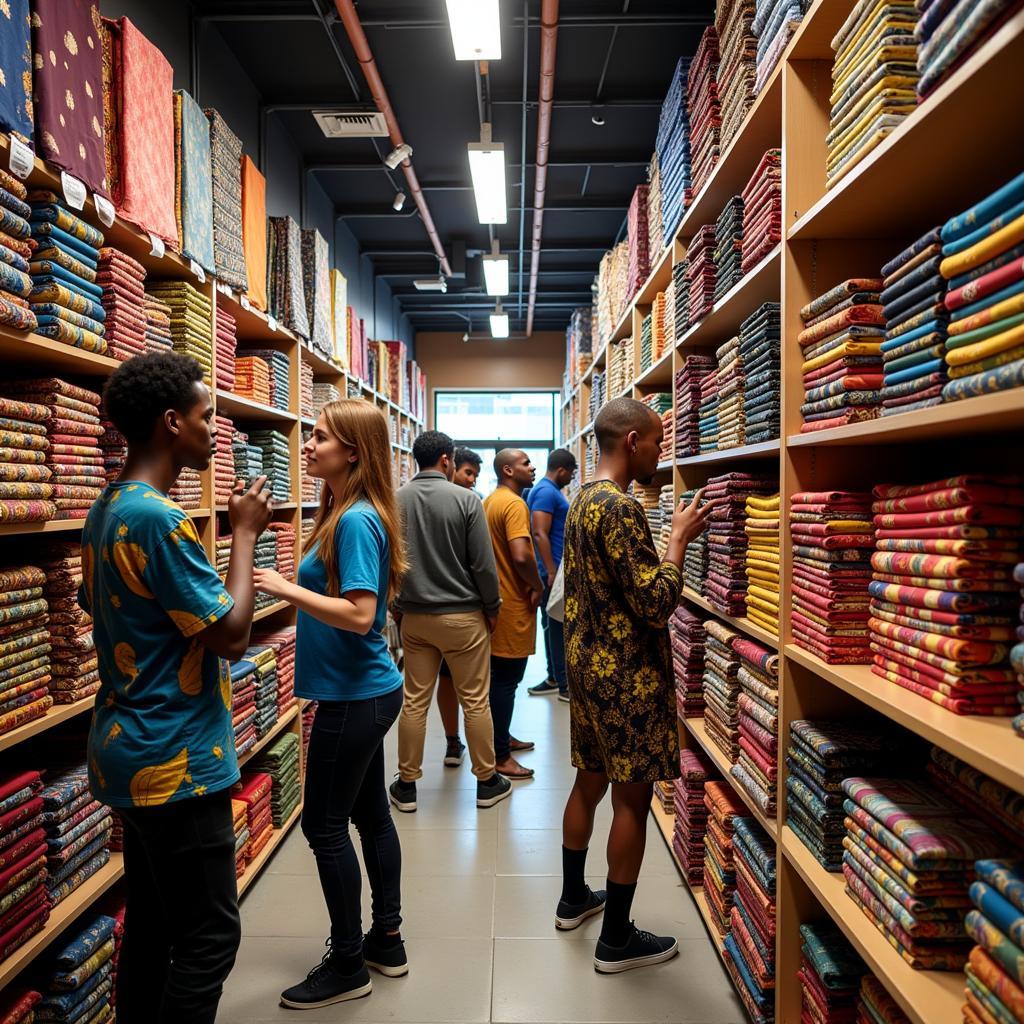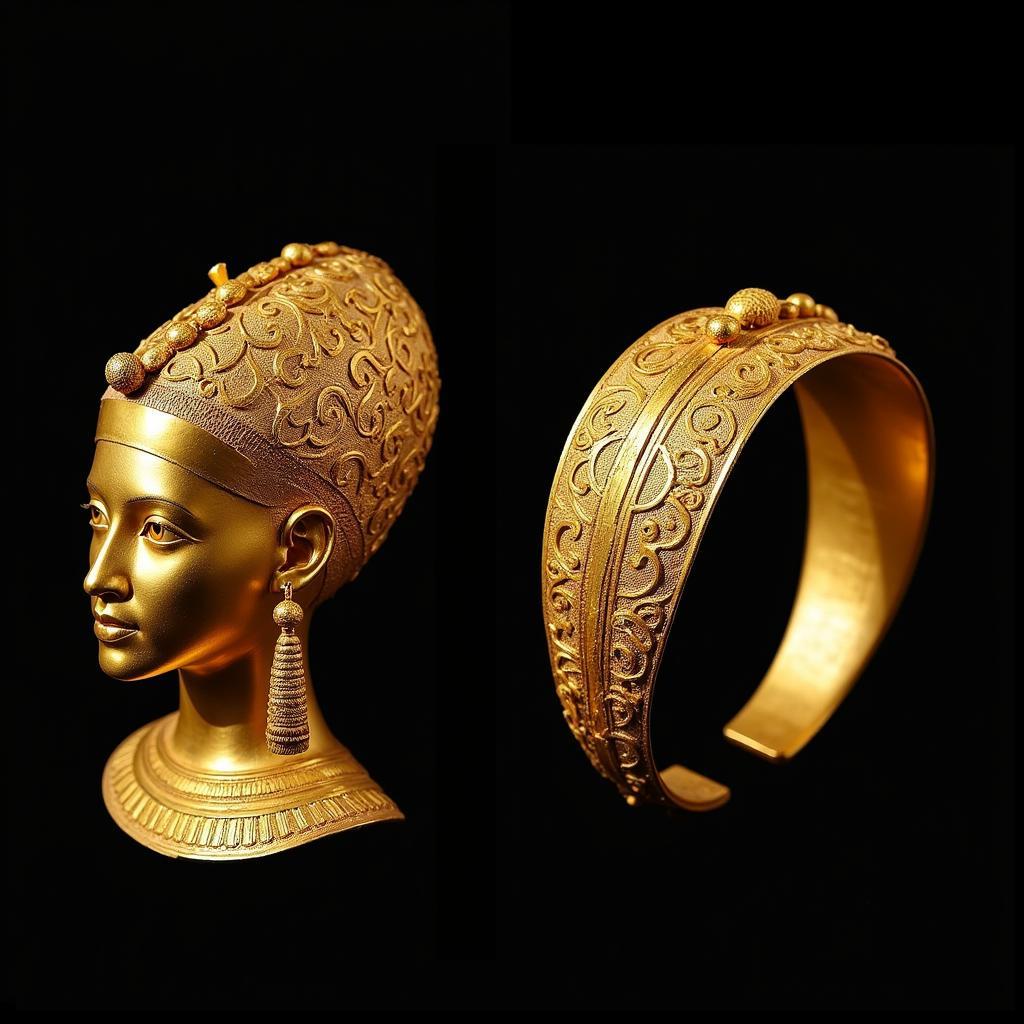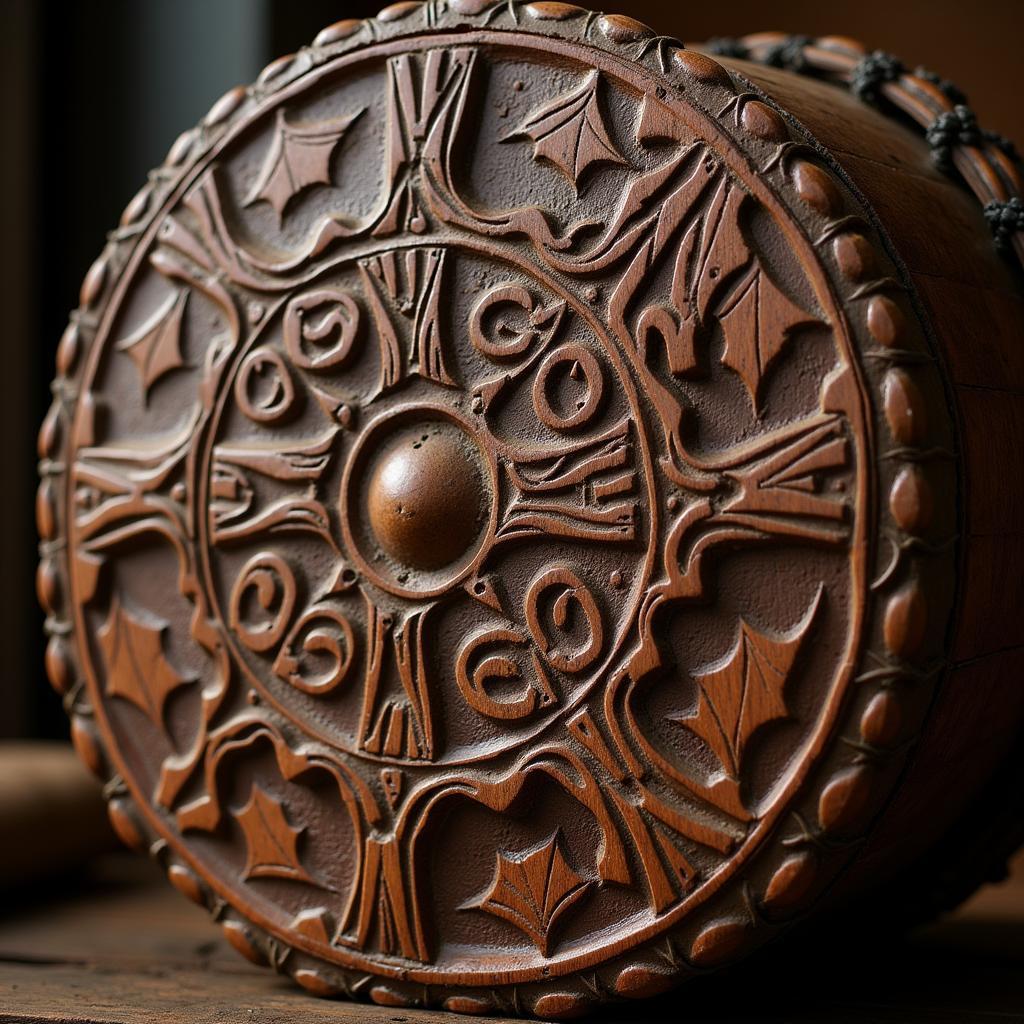Exploring the Rich Tapestry of African Languages
African Languages represent a vast and diverse linguistic landscape, reflecting the continent’s rich cultural heritage and history. This article delves into the fascinating world of African languages, exploring their origins, classifications, and the challenges they face in the modern world. african languages and countries
Unveiling the Complexity of African Language Families
Contrary to popular misconceptions, Africa is not a monolith in terms of language. The continent is home to an estimated 2,000 languages, grouped into four main families: Afro-Asiatic, Nilo-Saharan, Niger-Congo, and Khoisan. Each family encompasses numerous branches and sub-families, creating an intricate web of linguistic connections. The Niger-Congo family, which includes languages like Swahili and Yoruba, is the largest, while the Khoisan languages, known for their distinctive click consonants, represent a unique and ancient linguistic lineage. Understanding these families offers a glimpse into the historical migrations and interactions of African peoples.
The Influence of Colonization on African Languages
The colonial era had a profound impact on African languages. European powers imposed their languages, often suppressing indigenous tongues and disrupting traditional communication patterns. This linguistic imperialism led to the marginalization of many African languages, hindering their development and transmission to future generations. However, despite these challenges, many African languages have persevered, continuing to thrive in communities across the continent.
How many African languages are there?
Estimates vary, but linguists generally agree that there are between 1,500 and 2,000 distinct African languages. This linguistic diversity reflects the continent’s rich cultural tapestry. Dr. Amina Bakar, a renowned sociolinguist specializing in East African languages, explains, “The sheer number of languages in Africa highlights the incredible diversity of human expression and cultural experience on the continent.” This linguistic richness contributes to a vibrant and dynamic cultural landscape.
Why are African Languages Important?
African languages are not merely tools for communication; they are vessels of culture, history, and identity. They encode traditional knowledge, oral histories, and unique ways of understanding the world. Preserving these languages is essential for maintaining cultural heritage and fostering a sense of belonging for future generations. Moreover, linguistic diversity contributes to cognitive flexibility and creativity. As Dr. Kwame Asante, a leading expert in African linguistics, notes, “Protecting African languages is about safeguarding the intellectual and cultural wealth of the continent.”
african language starting with m
What is the most spoken African Language?
Swahili, a Bantu language spoken by over 100 million people, is arguably the most widely spoken language in Africa. Its use spans across East Africa and parts of Central and Southern Africa, serving as a lingua franca for trade and communication.
The Future of African Languages in a Globalized World
In an increasingly interconnected world, African languages face the challenge of maintaining their vitality in the face of globalization. Efforts are underway to promote language preservation through education, documentation, and the use of technology. Digital platforms and mobile applications are being developed to facilitate language learning and create online communities for speakers of African languages.
i love you in african language Expressing Affection Across Cultures
Learning how to express affection in different African languages can be a wonderful way to connect with people and demonstrate respect for their culture.
Conclusion
African languages are a vital part of the continent’s heritage. Understanding their diversity and the challenges they face is crucial for ensuring their survival and celebrating their contribution to global linguistic richness. By appreciating and supporting African languages, we can help preserve a precious cultural legacy for generations to come.
FAQ
- Are all African languages related? No, African languages belong to four distinct language families.
- How can I learn an African language? Resources like online platforms, language learning apps, and cultural centers can help.
- Why is it important to preserve African languages? Preserving these languages safeguards cultural heritage and promotes linguistic diversity.
- What are some of the challenges facing African languages? Globalization and the dominance of European languages pose significant threats.
- How can technology help preserve African languages? Digital platforms and mobile apps can facilitate language learning and documentation.
- What is the role of education in promoting African languages? Incorporating African languages into school curricula can help revitalize them.
- Where can I find more information about African languages? Linguistic research institutions and online databases offer valuable resources.
Call to Action
When you need help, please contact us by phone: +255768904061, email: kaka.mag@gmail.com Or visit us at: Mbarali DC Mawindi, Kangaga, Tanzania. We have a 24/7 customer service team.


